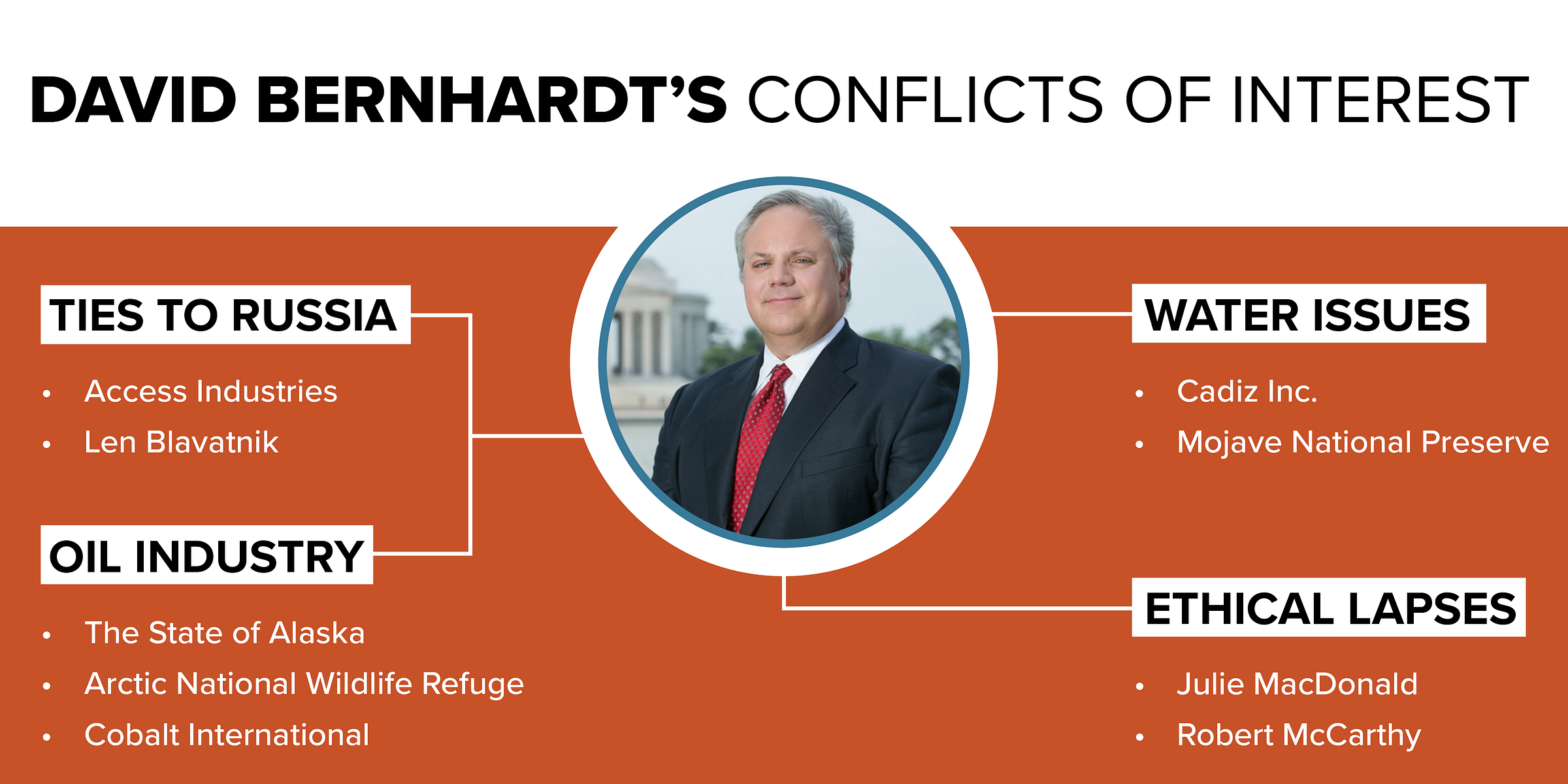
U.S. Senate
See Full Big Line
(D) J. Hickenlooper*
(D) Julie Gonzales
(R) Janak Joshi
80%
40%
20%

Governor
See Full Big Line
(D) Michael Bennet
(D) Phil Weiser
55%
50%↑

Att. General
See Full Big Line
(D) Jena Griswold
(D) M. Dougherty
(D) Hetal Doshi
50%
40%↓
30%

Sec. of State
See Full Big Line
(D) J. Danielson
(D) A. Gonzalez
50%↑
20%↓

State Treasurer
See Full Big Line
(D) Jeff Bridges
(D) Brianna Titone
(R) Kevin Grantham
50%↑
40%↓
30%

CO-01 (Denver)
See Full Big Line
(D) Diana DeGette*
(D) Wanda James
(D) Milat Kiros
80%
20%
10%↓

CO-02 (Boulder-ish)
See Full Big Line
(D) Joe Neguse*
(R) Somebody
90%
2%

CO-03 (West & Southern CO)
See Full Big Line
(R) Jeff Hurd*
(D) Alex Kelloff
(R) H. Scheppelman
60%↓
40%↓
30%↑

CO-04 (Northeast-ish Colorado)
See Full Big Line
(R) Lauren Boebert*
(D) E. Laubacher
(D) Trisha Calvarese
90%
30%↑
20%

CO-05 (Colorado Springs)
See Full Big Line
(R) Jeff Crank*
(D) Jessica Killin
55%↓
45%↑

CO-06 (Aurora)
See Full Big Line
(D) Jason Crow*
(R) Somebody
90%
2%

CO-07 (Jefferson County)
See Full Big Line
(D) B. Pettersen*
(R) Somebody
90%
2%

CO-08 (Northern Colo.)
See Full Big Line
(R) Gabe Evans*
(D) Shannon Bird
(D) Manny Rutinel
45%↓
30%
30%

State Senate Majority
See Full Big Line
DEMOCRATS
REPUBLICANS
80%
20%

State House Majority
See Full Big Line
DEMOCRATS
REPUBLICANS
95%
5%
[wpdreams_ajaxsearchlite]
 March 29, 2019 08:48 AM UTC
March 29, 2019 08:48 AM UTC




Comments